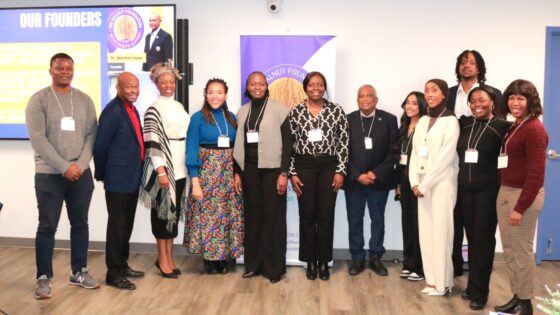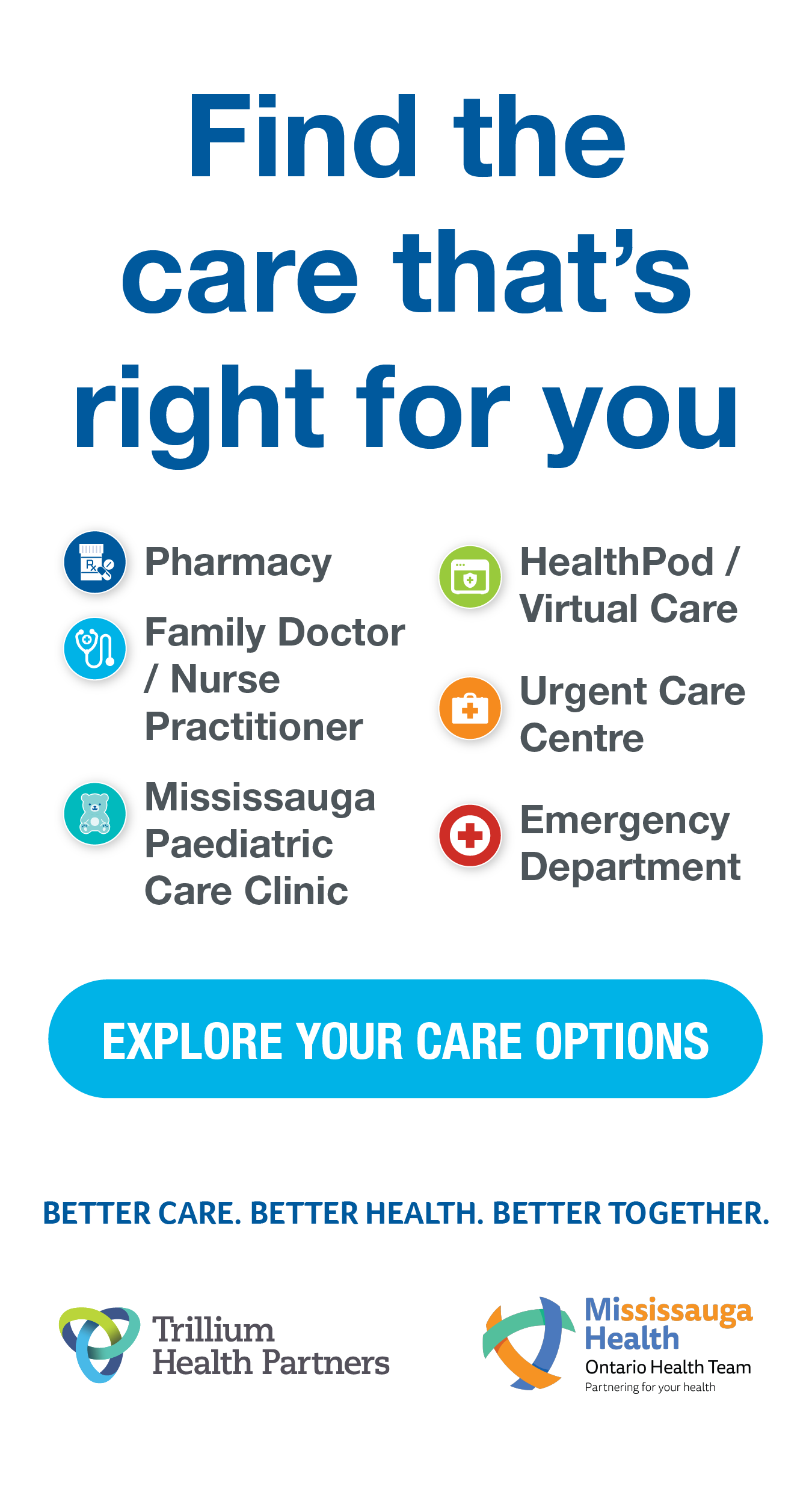BY W. GIFFORD- JONES MD & DIANA GIFFORD-JONES
There’s an old adage that “when white folks catch a cold, black folks get pneumonia.”
The COVID-19 epidemic has made it deadly clear.
Throughout North America, wherever data is tracked, Africans and those living in the diaspora have: higher coronavirus infection rates, higher death rates of COVID-19, and are carrying an inequitable burden of many other diseases to boot.
In 1984, the US Department of Health and Human Services commissioned the Heckler Report, a landmark study of racial and ethnic minority health. Heckler declared the lack of progress on racial injustice and health care was an “Affront to our ideals and to the genius of American medicine.” Since then, very little has changed.
For instance, African people still have the highest mortality rate of any racial or ethnic group for all cancers combined and for most major individual malignancies.
African people are also 60% more likely to suffer from Type 2 diabetes than Caucasian people and more than twice as likely to die from this disease. They undergo more lower limb amputations too, one of the many terrible complications of diabetes. It’s also tragic that they’re 3.5 times more likely to die of end-stage kidney disease. Multiple studies also show African people are 40% more likely to have hypertension, and 20% more likely to die from heart disease.
How well do Africans in the diaspora start out in life? By comparison, not well. African infants born in the US are almost four times more likely to die from complications due to low birth weight than non-Hispanic white infants.
What about the current pandemic? The Centers for Disease Control and Prevention reports, that through May 2020 African Americans were three times more likely than Caucasian Americans to become infected with the coronavirus. Africans had a rate of hospitalization or death from COVID-19 nearly four times that of Caucasians. Rates among Native Americans, Hispanics, and Alaska natives are also higher than Caucasian Americans.
These higher rates have triggered false information. For example, some have asserted African populations are more genetically prone to coronavirus, but socioeconomic factors tell the real story.
Health outcomes, fundamentally, are determined not by race, but by place. Reports from across North America show that coronavirus testing sites are less likely to be located in the neighborhoods home to ethnic minorities. On average, African populations rely more on public transportation, and living conditions tend to be more crowded, both factors increasing the chance of infection.
The list goes on and on. Africans in the diaspora are more likely to live in “food deserts,” areas having limited fresh fruits and vegetables. This results in people eating more junk food, which causes: obesity, Type 2 diabetes, and heart disease. Research shows they have less access to green spaces and playgrounds, another health trap.
If this isn’t enough, another report shows that those who live in predominantly African communities are at greater risk of death from particle pollution. This is caused by: dirt, smoke, and soot in the air, increasing the risk of chronic obstructive lung disease, asthma, and lung cancer.
Will we ever get our act together to end these injustices? More reports in medical journals will be published, just as surely as another streetcar will come down the track. The New England Journal of Medicine and the Journal of the American Medical Association have voiced support for making health care equitable.
But the real need is for lasting behaviour change. This means training everyone – medical professionals and everyone else – on unconscious bias, microaggressions, and how to advance anti-racist efforts. And it means addressing structural inequalities through better policies and investments.
Let’s hope that we do not leave this injustice to the next generation. It’s been aptly said, “The greatest amount of wasted time, is the time wasted by not getting started.”
Stay in the loop with exclusive news, stories, and insights—delivered straight to your inbox. No fluff, just real content that matters. Sign up today!
How healthy is your poop?
Dr. W. Gifford-Jones, MD is a graduate of the University of Toronto and the Harvard Medical School. He trained in general surgery at Strong Memorial Hospital, University of Rochester, Montreal General Hospital, McGill University and in Gynecology at Harvard. His storied medical career began as a general practitioner, ship’s surgeon, and hotel doctor. For more than 40 years, he specialized in gynecology, devoting his practice to the formative issues of women’s health. In 1975, he launched his weekly medical column that has been published by national and local Canadian and U.S. newspapers. Today, the readership remains over seven million. His advice contains a solid dose of common sense and he never sits on the fence with controversial issues. He is the author of nine books including, “The Healthy Barmaid”, his autobiography “You’re Going To Do What?”, “What I Learned as a Medical Journalist”, and “90+ How I Got There!” Many years ago, he was successful in a fight to legalize heroin to help ease the pain of terminal cancer patients. His foundation at that time donated $500,000 to establish the Gifford-Jones Professorship in Pain Control and Palliative Care at the University of Toronto Medical School. At 93 years of age he rappelled from the top of Toronto’s City Hall (30 stories) to raise funds for children with a life-threatening disease through the Make-a-Wish Foundation. Diana Gifford-Jones, the daughter of W. Gifford-Jones, MD, Diana has extensive global experience in health and healthcare policy. Diana is Special Advisor with The Aga Khan University, which operates 2 quaternary care hospitals and numerous secondary hospitals, medical centres, pharmacies, and laboratories in South Asia and Africa. She worked for ten years in the Human Development sectors at the World Bank, including health policy and economics, nutrition, and population health. For over a decade at The Conference Board of Canada, she managed four health-related executive networks, including the Roundtable on Socio-Economic Determinants of Health, the Centre for Chronic Disease Prevention and Management, the Canadian Centre for Environmental Health, and the Centre for Health System Design and Management. Her master’s degree in public policy at Harvard University’s Kennedy School of Government included coursework at Harvard Medical School. She is also a graduate of Wellesley College. She has extensive experience with Canadian universities, including at Carleton University, where she was the Executive Director of the Global Academy. She lived and worked in Japan for four years and speaks Japanese fluently. Diana has the designation as a certified Chartered Director from The Directors College, a joint venture of The Conference Board of Canada and McMaster University. She has recently published a book on the natural health philosophy of W. Gifford-Jones, called No Nonsense Health – Naturally!













